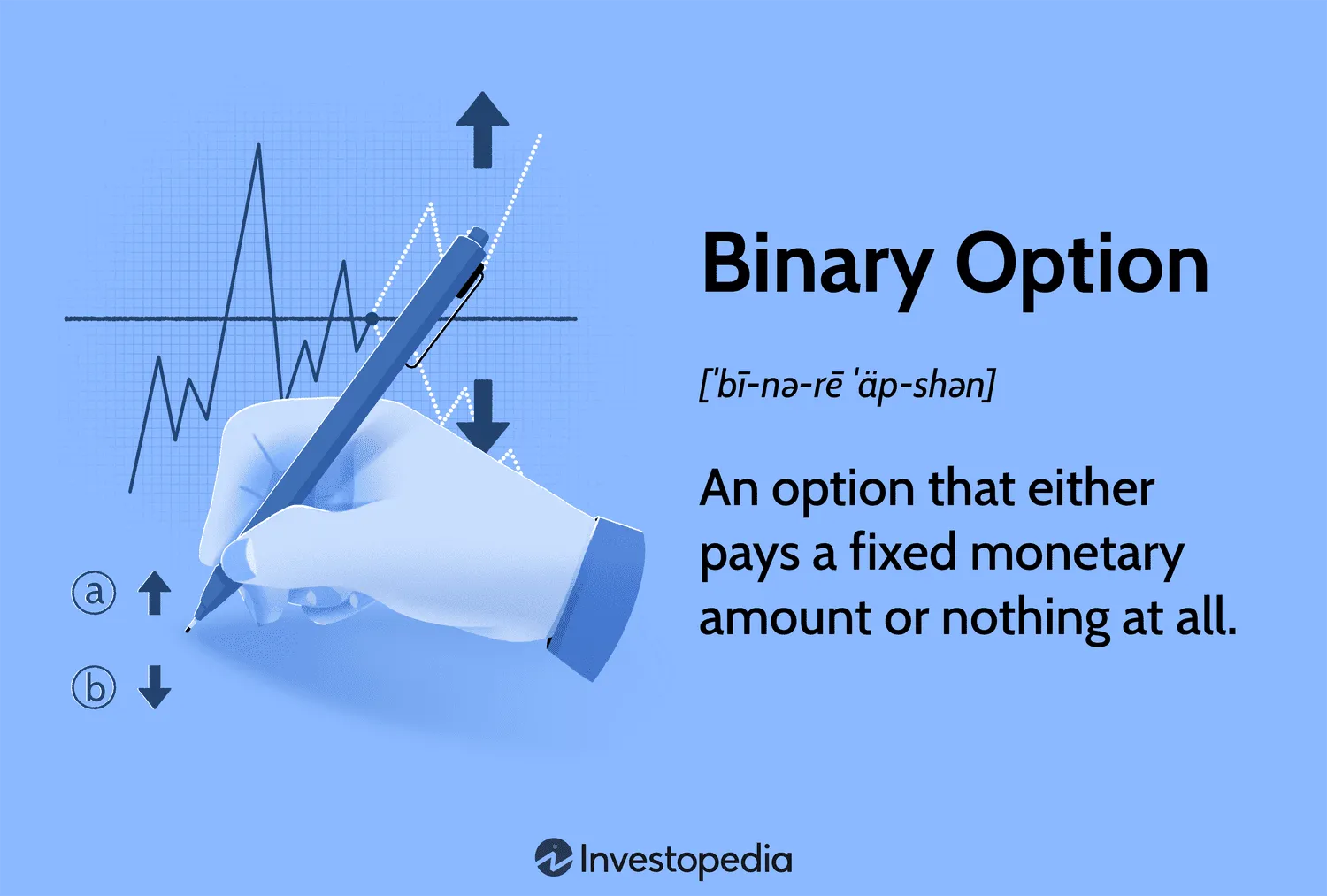Introduction
Real estate has long been considered one of the most stable and profitable investment options. Whether you are a first-time buyer or an experienced investor, the biggest challenge you face is real estate investment financing. Securing the right financing not only helps you purchase properties but also maximizes your returns and minimizes risks.
In today’s competitive market, understanding real estate investment financing options is crucial. With the right financial strategy, investors can build wealth, achieve long-term growth, and create financial freedom. This article will guide you through strategies, types of financing, benefits, challenges, and tips to succeed.

Why Real Estate Investment Financing Matters
- Provides capital to purchase properties without full upfront payment.
- Increases investment capacity through leverage.
- Helps investors diversify across multiple real estate assets.
- Creates opportunities for passive income and wealth building.
Power Keyword : “Proven strategies” in real estate investment financing help investors achieve financial success and secure long-term stability.
Types of Real Estate Investment Financing
1. Traditional Bank Loans
- Most common form of financing.
- Requires strong credit history, income verification, and collateral.
- Offers lower interest rates but stricter approval criteria.
2. Private Money Lenders
- Individuals or companies offering loans outside traditional banks.
- Faster approval, flexible terms, but higher interest rates.
- Ideal for short-term investments or property flipping.
3. Hard Money Loans
- Secured by property value rather than borrower’s credit.
- Short-term, high-interest financing option.
- Suitable for investors who need quick funding.
4. Government-Backed Loans
- FHA, VA, and USDA loans provide accessible financing.
- Lower down payments and flexible terms.
- Designed to support first-time buyers and low-to-moderate income investors.
5. Real Estate Investment Trusts (REITs)
- Indirect financing option.
- Allows investors to pool money and invest in large-scale properties.
- Provides steady dividends without managing properties directly.
6. Crowdfunding Platforms
- Modern way to raise capital online.
- Investors can contribute smaller amounts collectively.
- Offers access to high-value projects with limited personal funds.

Key Strategies for Effective Real Estate Investment Financing
1. Build a Strong Credit Profile
- Pay bills on time, reduce debts, and maintain healthy credit utilization.
- A high credit score unlocks better loan terms and lower interest rates.
2. Leverage Equity in Existing Properties
- Use property equity as collateral to secure new financing.
- Helps expand portfolio without excessive new debt.
3. Compare Multiple Lenders
- Don’t settle for the first offer.
- Compare interest rates, repayment terms, and hidden fees.
4. Optimize Loan-to-Value Ratio (LTV)
- A lower LTV means lower risk for lenders.
- Aim for a higher down payment to secure favorable financing.
5. Explore Partnerships and Joint Ventures
- Partner with other investors to share risks and profits.
- Increases financing opportunities for larger projects.
6. Use Creative Financing Options
- Lease-to-own, seller financing, or rent-to-own agreements.
- Flexible methods that reduce upfront costs.
Benefits of Real Estate Investment Financing
- Access to larger properties.
- Ability to diversify and scale quickly.
- Tax benefits on mortgage interest and property depreciation.
- Opportunity to generate passive income through rentals.

Common Challenges in Real Estate Investment Financing
- Strict eligibility criteria from banks.
- Rising interest rates and economic fluctuations.
- Risk of over-leveraging.
- Market uncertainty affecting property values.
Tips to Maximize Your Success in Financing
- Always maintain a financial cushion for emergencies.
- Stay updated with real estate market trends.
- Work with professional advisors, realtors, and accountants.
- Use technology and investment calculators to plan better.
Future Trends in Real Estate Investment Financing
- Growth of digital lending platforms.
- Increasing role of blockchain and tokenization.
- More focus on sustainable and green financing.
- Rising popularity of fractional ownership.

Conclusion
Real estate investment financing is the backbone of successful property investing. By understanding financing options, applying smart strategies, and planning carefully, investors can maximize returns and reduce risks. Whether you choose traditional loans, private lenders, or crowdfunding, the right financing decision will shape your real estate journey.
Invest smart, finance wisely, and let your real estate portfolio grow with confidence.





